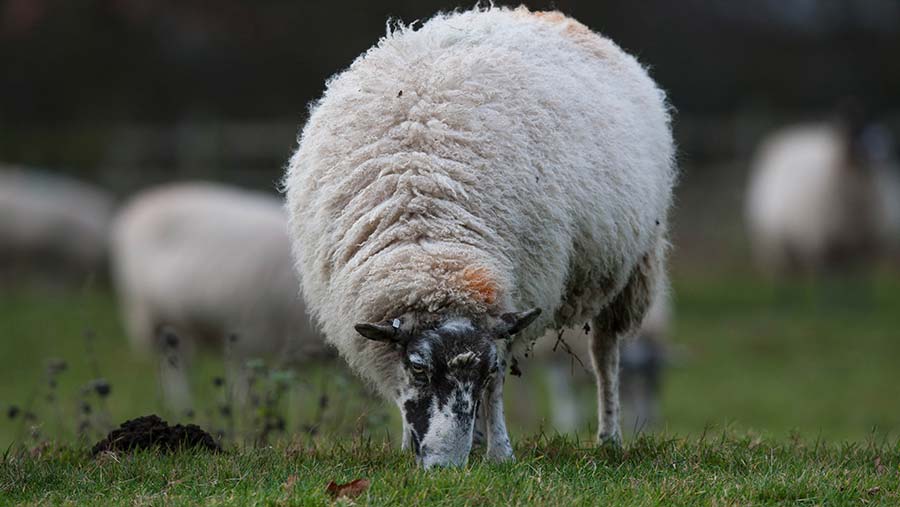Better approach to greenhouse gas could benefit farmers
 © Tim Scrivener
© Tim Scrivener Farmers could benefit from a more sophisticated approach to measuring greenhouse gas emissions from agriculture, according to a climate scientist.
The current thinking around agriculture’s impact on climate assesses the level of different gases based on their carbon dioxide equivalent.
See also: Ruminants unfairly castigated over greenhouse gas emissions
This is used to calculate their combined impact on global warming potential over 100 years.
But Michelle Cain, from the Oxford Martin School, believes it would be better to measure greenhouse gases individually – because different gases have different short- and long-term impacts.
Individual calculations make it easier to decide the best measures to combat climate change by reducing global temperatures, Dr Cain argues.
“This is important for making decisions about which mitigation strategies are most effective – or for evaluating trade-offs between gases,” she told a fringe meeting at the Oxford Farming Conference.
Estimating emissions of individual greenhouse gases – such as carbon dioxide, methane and nitrous oxide – would give a more accurate insight into their impact on global temperatures.
This would enable farmers to adopt more effective farm management strategies.
Sheep and cattle produce methane as they digest grass. But nitrous oxide from manure lasts much longer in the atmosphere and has a more potent long-term climate impact than methane, which lasts for only 10 years.
Focusing on reducing methane emissions would thus have a bigger, quicker effect on global temperatures.
Dr Cain’s colleague Myles Allen said: “If farmers are to be able to argue to get credit for this, they will need to know exactly what their methane emissions are doing from year to year.”
